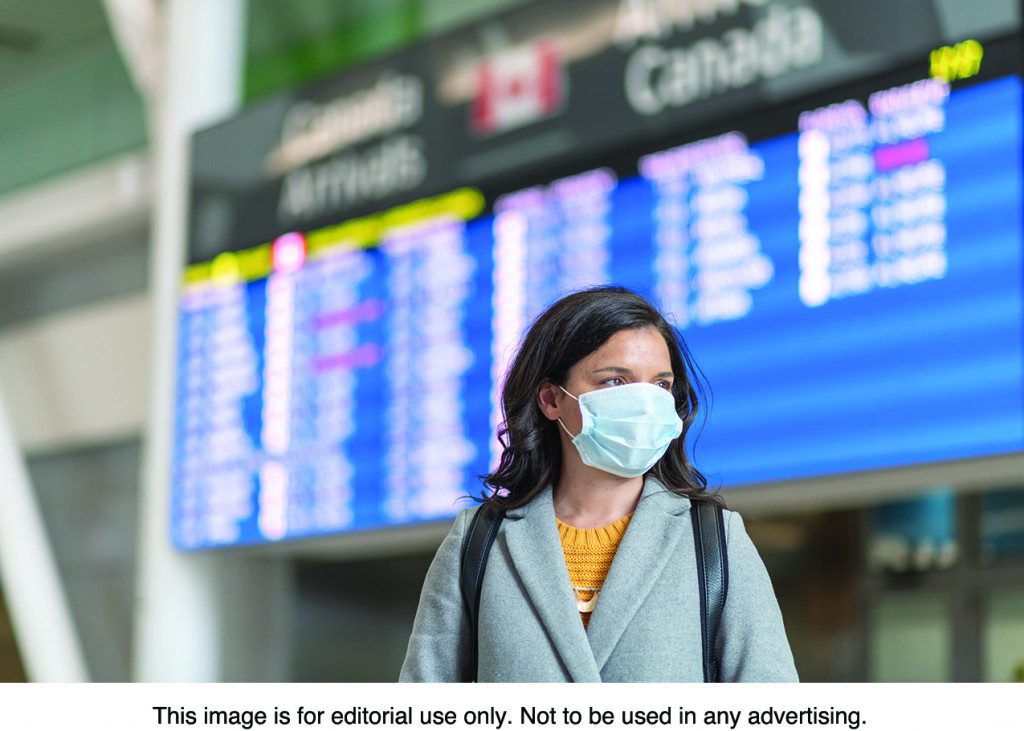How to approach travel during an uncertain summer

Vacation season is right around the corner. For the second straight summer, travelers may have to contend with uncertain circumstances as the world continues to confront the challenges posed by the COVID-19 pandemic.
Many individuals and families postponed or canceled their summer travel plans in 2020. Restrictions on travel and concerns about safety drove those changes. Though the pandemic is ongoing, the development and distribution of various vaccines has reopened the possibility of travel for millions of people across the globe.
It could be safer to travel in the summer of 2021 than it was a year ago, but travelers should still take a cautious approach before heading off for parts unknown in the months ahead.
• Monitor vaccine distribution. In early March, the three pharmaceutical companies behind the vaccines that had been approved up to that point, Moderna, Pfizer and Johnson & Johnson, updated their projections regarding the availability of vaccines. Estimates suggested the three companies would be capable of providing hundreds of millions of vaccines by the end of July 2021. That would seem to suggest that travel should be considerably safer by mid- to late-summer 2021 than it was a year ago. However, those were just projections. Travelers concerned about COVID-19 can monitor how many vaccines have been distributed by visiting the Centers for Disease Control and Prevention website at https://covid.cdc.gov/covid-data-tracker/#vaccinations. Prospective vacationers who hope to travel domestically can even utilize the CDC’s interactive map to determine how many vaccines have been distributed in the areas they hope to visit. Such knowledge can help travelers make the most informed decisions as they ponder whether or not to travel this summer.
• Learn about restrictions prior to booking any trips. Restrictions at your ultimate destination are another factor to consider before booking a trip. Thankfully, the CDC also makes it easy to learn about such restrictions within the United States. Prospective travelers can visit https://www.cdc.gov/coronavirus/2019-ncov/travelers/travel-planner/index.html and simply plug in a city, ZIP code or address to learn about potential visitor restrictions in their destinations. Travelers who don’t want to be limited during their vacations can utilize the tool to find places with limited or no restrictions.
• Read the fine print before signing on the dotted line. In 2020, many people learned the hard way why it’s so important to read the fine print on vacation contracts. Pay particular attention to cancellation policies and whether or not they’re flexible. Travelers have every right to be concerned about traveling during a pandemic, but they may have no right to refunds if they signed contracts with inflexible cancellation policies. Travelers who suspect they may travel this summer but aren’t entirely sure about safety should only sign contracts that allow them to cancel trips without paying any penalties. In addition, before booking hotel rooms, ask which amenities will be available to guests. Chances are you will spend more time at the hotel than normal, so access to pools, restaurants and other amenities takes on heightened importance.
Traveling in the summer of 2021 will be unique. Would-be vacationers should do their homework and consider a host of factors prior to booking a trip. TF215942



